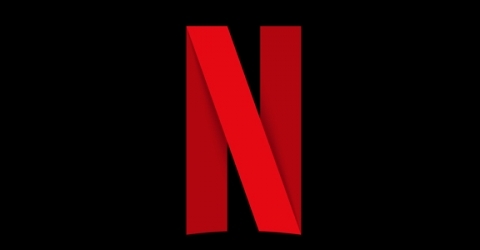Netflix ruins 90’s cartoon, enrages internet
The streaming giant came in for criticism for 'straightwashing' Japanese cult classic anime.

Netflix faces backlash from fans and critics for removing homosexual references from the long-awaited release of classic animated series, Neon Genesis Evangelion.
Anime content has become an important pull for Netflix in recent years, and many series and live-action adaptations have been stamped with the “Netflix Originals” brand. Although Netflix often has little to do with the production of its “Originals”, they are afforded some creative liberties and a ‘final cut’ of a show or movie.
Evangelion first aired on Japanese television in 1995, and has grown into one of the genre’s most iconic and lucrative multimedia franchises. It has been recently noted that, if you wanted, you could live entirely on merchandise from the series. Anime has always been a niche market outside of Japan, but streaming platforms like Netflix have found plenty of success in pushing anime towards wider audiences.
Netflix announced the acquisition of Evangelion in November 2018, to be released in high-definition in over 190 countries worldwide. Until the Netflix release, the only way to watch the series in high-definition was to import an exclusive Blu-ray release from Japan – currently worth more than £400 each. With a price tag like that, fans were more than happy that a western distributor had finally bagged the rights to stream the show.
Expectations come tumbling down
However, when the show finally premiered on June 21, fans were met with a slew of creative changes, causing disappointment and offence – especially when regarding the sexuality of the protagonist.
If you haven’t seen the show, Evangelion follows the story of Shinji Ikari, a teenage boy struggling with depression, loneliness, and giant robots. As the show reaches its tragic conclusion, Shinji finally finds a genuine, romantic connection with another young man and some small measure of happiness.
The offending line of dialogue is the classic “I love you”, changed in Netflix’s version to “I like you”.
It might be a change of just one word, but it’s hard to find a word more meaningful than that one.
In response to the immediate Twitter outcry, the translator for the series, Dan Kanemitsu, defended the changes.
While I am not in a position to refer specifically to the decision involved in [that] scene… I have tried my best to be faithful to the original source material… It is one thing for characters to confess their love. It is quite another for the audience to infer affection and leave them guessing. How committed are the characters? What possible misunderstandings might be talking place? Leaving room for interpretation make things exciting.
Localizing work from any language is challenging, and often compromises must be made between the literal definitions of words, and the intended meaning of those words. Some things are even impossible to translate in a way that makes sense (such as puns). The issue here is that the localisation for Evangelion has already been done, and “leaving room for interpretation” 25 years later seems entirely disingenuous.
To put it lightly, there is a lot going on in Evangelion. And if there’s one thing the series isn’t lacking, it’s room for interpretation. Even figuring out the order to watch it is a challenge for first-time viewers. (We recommend the series up to episode 24, then half of End of Evangelion, then episodes 25 and 26, then the other half of End of Evangelion, and then watching it all again while its still fresh in your mind).
Is Netflix really straightwashing 90’s anime for western audiences?
Probably not.
Kanemitsu ‘s work is arguably a more literal translation of the Japanese dialogue and, just like English, sometimes “I like you” does mean “I love you”. The original subtitles make the situation much easier to understand for English viewers, but the overall meaning of the scene still exists on Netflix.
Fans have also been irked by other changes in the release, including a complete recast of the original English voice actors for dubbed audio track, and the removal of the 26 different versions of Bart Howard’s “Fly Me to the Moon” from the end credits.
Interestingly, the credits remain unchanged for Netflix viewers in Japan. This is probably due to licencing issues for the song overseas, but Netflix has refused to comment on this topic.
Changing a few words of dialogue and the song that plays over the credits may seem like minor changes, but people really don’t like when you mess with beloved things from the 90’s.
Every tiny element goes towards making something that fans have loved for 25 years, and nothing is too small to complain about on the internet.






